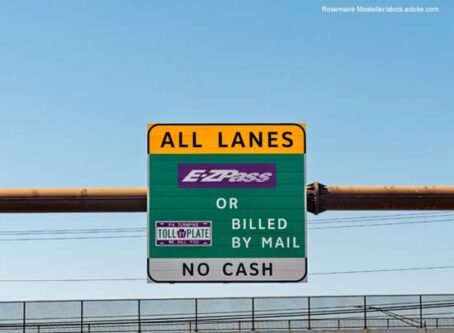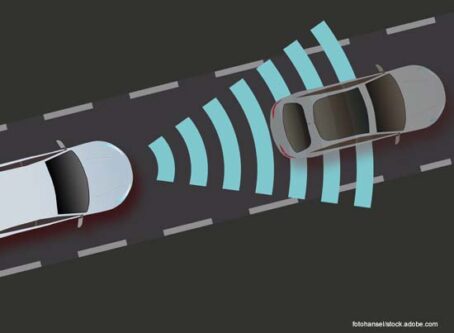OOIDA aims to protect members from ‘unintended consequences’ at L.A. port
The Owner-Operator Independent Drivers Association sent a letter to the Los Angeles City Council on Thursday, Dec. 14, lauding the councilmembers for their efforts to protect port truck drivers from unfair lease-purchase agreements, while also warning the council not to confuse those practices with legitimate lease agreements.
Since USA Today published an investigative report in June about poor working conditions and unfair labor practices in the Port of Los Angeles, the Los Angeles City Council members and other politicians have been looking at ways to address the issue.
Earlier this week, the Los Angeles City Council approved a resolution to explore the possibility of denying companies that misclassify truck drivers as independent contractors.
“Without question, truck drivers at the Port of Los Angeles – and ports throughout the country – are often misclassified,” OOIDA wrote. “In trucking, this is generally done through ‘lease-purchase’ agreements. Lease-purchase agreements are schemes where motor carriers lease a truck to a driver with the promise of fair compensation, future ownership of the truck and ‘independence’ from traditional employer-employee requirements. The most problematic lease-purchase agreements are generally those that require the lessee (truck driver) to lease their truck back to the lessor (motor carrier) when the motor carrier and lessor are the same entity.
“However, there are legitimate lease agreements (not to be confused with lease-purchase agreements) between motor carriers and independent contractors that can be quite successful and should be protected. In fact, roughly 60 percent of our members are independent contractors who are ‘leased’ to motor carriers. When lease agreements are done right and comply with existing laws and regulations, they can be mutually beneficial to motor carriers and leased owner-operators.”
OOIDA hopes to ensure that while misclassified port truck drivers are protected, the actions of the city council won’t create any unintended consequences toward legitimate lease agreements.
“Traditional lease agreements can also be complex,” OOIDA wrote. “Lease-purchase agreements and traditional lease agreements are different, but recognizing the differences can be difficult. At OOIDA, as a member benefit, we have reviewed thousands of prospective lease agreements. After decades of firsthand experience, we have developed the necessary expertise to perform this function. Naturally, we would be concerned with unintended consequences that might impact our members and arise as a result of someone trying to distinguish between lease-purchase agreements and traditional lease agreements that simply do not have the required qualifications of expertise.
“Lease-purchase agreements, in particular those that lead to the conditions described herein, need to be addressed. But they need to be addressed without jeopardizing legitimate business arrangements between motor carriers and leased owner-operators.”









